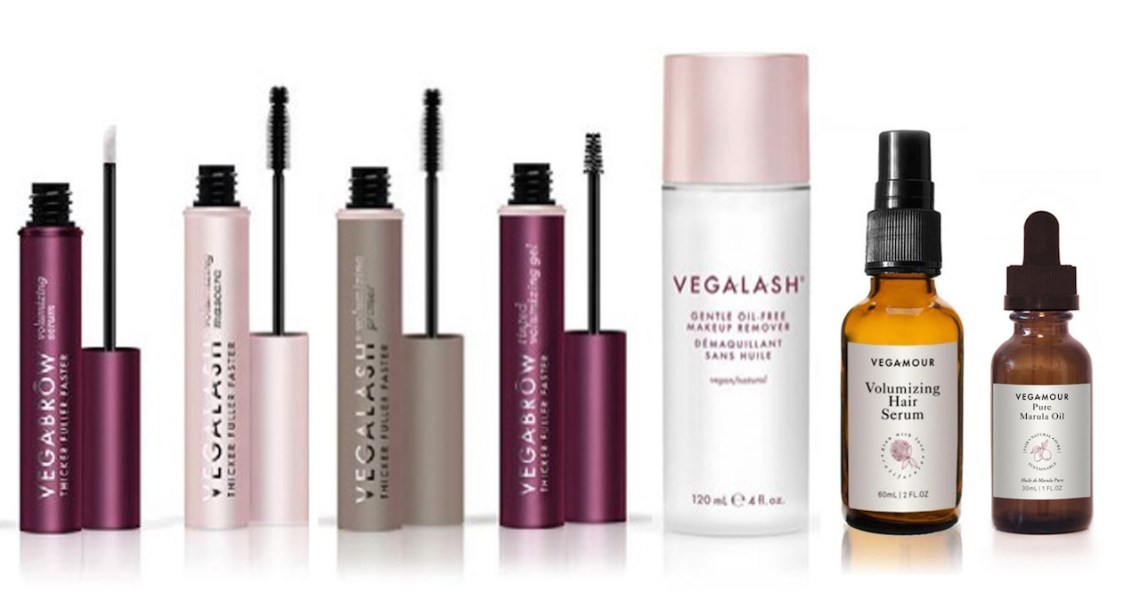Vegamour, a hair-care brand that launched in September 2016, has quickly managed to scale its revenue through an aggressive use of video ads on Facebook and Instagram.
The brand managed to drive $6 million in sales in the first six months of the year by initially employing growth hacking tactics like rapidly experimenting with who it was targeting with its video content to grow sales as much as possible. But soon after it began, it no longer had the same access to granular-level Facebook user data after the platform changed its policies. This made it harder to reach potential customers so the brand then reformatted its video strategy from encouraging impulse purchases to featuring educational content to grow its existing product subscription. Additionally, it has leaned more on Instagram as that platform has grown, but without the use of influencers. The brand is currently on track to earn $10 million in revenue for 2019 with the goal of having 65 percent of sales through subscription.
“We have to be a real company now, and we have to grow brand awareness, and we can’t focus on the immediate revenue,” said Daniel Hodgdon, Vegamour founder and CEO. “We slowed down and decided to try and educate our customer about our brand first, and see what they are interested in.”
During its course of experiments in audience targeting over its first six months, Vegamour spent approximately $150,000 on ads, Hodgdon said. The brand was able to understand that its products resonated with educated professional women between 35 and 55 years old, with roughly 75 percent also being mothers. The ads, in this case, focused extensively on communicating a sense of urgency using a limited-time-only discount or free samples, which posed a long-term problem for growth, Hodgdon said.
But less than 2 percent of customers who purchased the product — which is designed for ongoing usage — were interested in signing up for the company’s subscriptions offer, despite the opportunity to save up to 25 percent. Being willing to buy a single item for more money, is one of many consumer behavior phenomena, but the primary issue was that customers were entrenched in their single-purchase behavior, Hodgdon said. For a brand, a subscription means a re-occurring revenue stream, and emerging brands from wellness, beauty and media have relied on them to grow their businesses. Overall, the subscription e-commerce market has grown by more than 100 percent a year over the past five years, according to McKinsey & Company. They generated more than $2.6 billion in sales in 2016.
To educate customers, the newer ads call out beneficial ingredients, like marula oil, and that Vegamour is a vegan brand. They also specify how the brand differs from competitors like Rapidlash or LashFood. The retention rate for subscription customers is 70 percent higher, compared to customers who opt to make single purchases. The company also began expanding its ad presence on Instagram, where it now acquires 80 percent of its new customers, Hodgdon said. Whereas its target customer had previously been more active on Facebook, the brand saw that Instagram surpassed Facebook as the platform of choice for its customer demographics around June 2017.
“At the end of the day, even though you wait longer to see revenue, [the subscription customer] is a much better customer,” said Hodgdon. “We had to pivot, but for long-term growth, it’s better.”
Ad position: web_incontent_pos1




